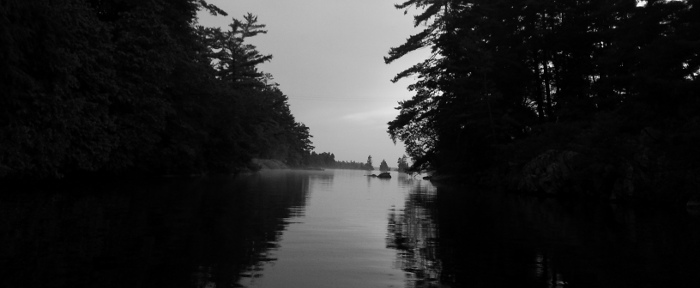Podcast recommendation: Radio Ecoshock. It’s an excellent podcast about climate change, and if you want to add it to your listening schedule then the 16 January 2019 episode Warming Faster Than We Think is a great place to start. I listen to the show every week and support it with a tenner a month.
Each week host Alex Smith (who lives in BC) interviews usually two experts on the environment and climate change. Most are working scientists who discuss a recent paper, and quite often they thank him for the quality of his questions or express surprise at how well informed he is. Because Smith knows so much about the topic, and because he’s doing longer interviews than one normally hears, he has time to ask deeper questions and to get the researcher to talk about their older work or what they think of work others are doing. This doesn’t happen on other climate change podcasts I’ve tried.
Also, he devotes most of the time on the science, and there are no hopeful chats with well-meaning people about how if we all chip in and try a little harder then we can prevent anything serious from happening. The science shows that’s not how it’s going to be, as this episode shows well.

David G. Victor is the first guest, talking about a comment piece in Nature he wrote with Yangyang Xu and Veerabhadran Ramanathan, Global warming will happen faster. than we think. Here’s a quote from it:
But the latest IPCC special report underplays another alarming fact: global warming is accelerating. Three trends — rising emissions, declining air pollution and natural climate cycles — will combine over the next 20 years to make climate change faster and more furious than anticipated. In our view, there’s a good chance that we could breach the 1.5 °C level by 2030, not by 2040 as projected in the special report (see ‘Accelerated warming’). The climate-modelling community has not grappled enough with the rapid changes that policymakers care most about, preferring to focus on longer-term trends and equilibria.
The comment is short but the interview goes for half an hour, and it’s all worth hearing. Here’s an excerpt:
Smith: From the arctic to India I see reports that large parts of the world have already warmed past 1.5 degrees C, for most of the year at least. Frankly, I feel the discussion of 1.5 as a target is almost a cruel joke. We will pass that quickly. Why bother with an impossible target?
Victor: That’s my view as well. We’re going to go through 1.5 degrees. It’s been a political rallying point but I don’t see how we’re feasibly going to stop warming at 1.5 degrees, and I think that’s the new reality of climate change. If you believe the science that warming is happening faster than people originally expected, and you look in a sober way at the last thirty years, we’ve been talking a lot but not doing very much. You’ve got to get ready for a world that’s going to be inconveniently—worse than inconveniently—a lot warmer, [with] impacts worse than we expected. That means that climate adaptation is going to be a bigger deal, it means we’re going to see more discussions around the concept of geoengineering … none of this is attractive, all of this is seriously fraught with problems, but that’s the world we’re in right now.

The second half of the show is an interview with Mike Davis about the forest fires in California, which are one of the many examples of climate change affecting the planet right now. Davis is a fascinating person, so much so that he’s the basis for the character Mike Lewis in John Shannon’s Jack Liffey crime novels. (I own two of them and haven’t read them in years, so I’m going to do a reread and then maybe get more from the library.) Davis’s 2000 work Late Victorian Holocausts: El Niño Famines and the Making of the Third World is one of the most devastating books I’ve ever read.
I highly recommend Radio Ecoshock to anyone interested in knowing more about climate change.
 Miskatonic University Press
Miskatonic University Press